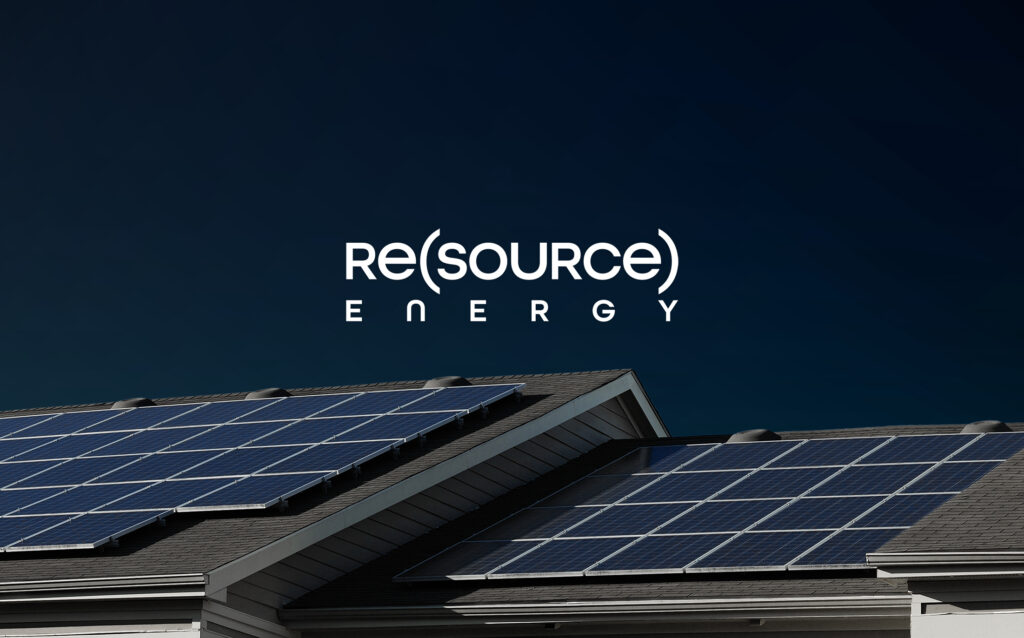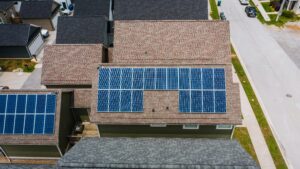

A Solar Energy Assessment for the Jerry Forbes Centre
Re(source) Energy, Tribe Solar, and International Renewable Energy Systems Inc conducted a solar energy assessment for the Jerry Forbes Centre Foundation‘s Centre for Community Spirit. The Centre hosts 25 charities and nonprofits:630 CHED Santas AnonymousABC Head Start SocietyAlberta DreamsArts on the AveCeliac EdmontonCanadian Hard of Hearing AssociationCaregivers AlbertaChildren’s Heart SocietyChristmas



